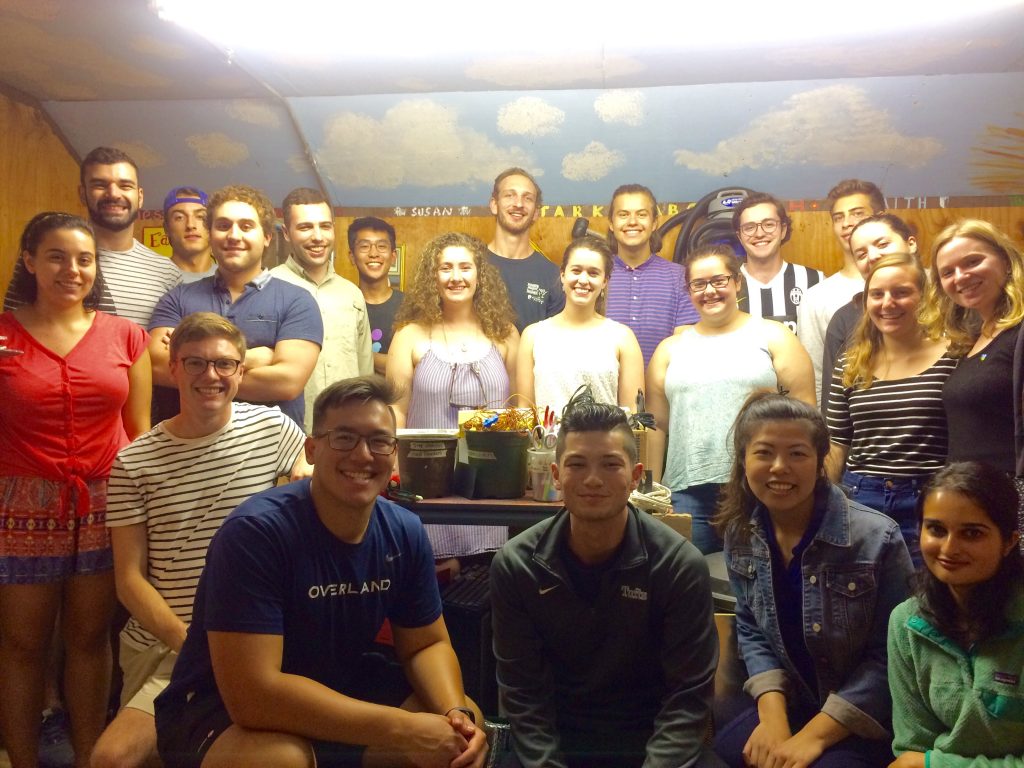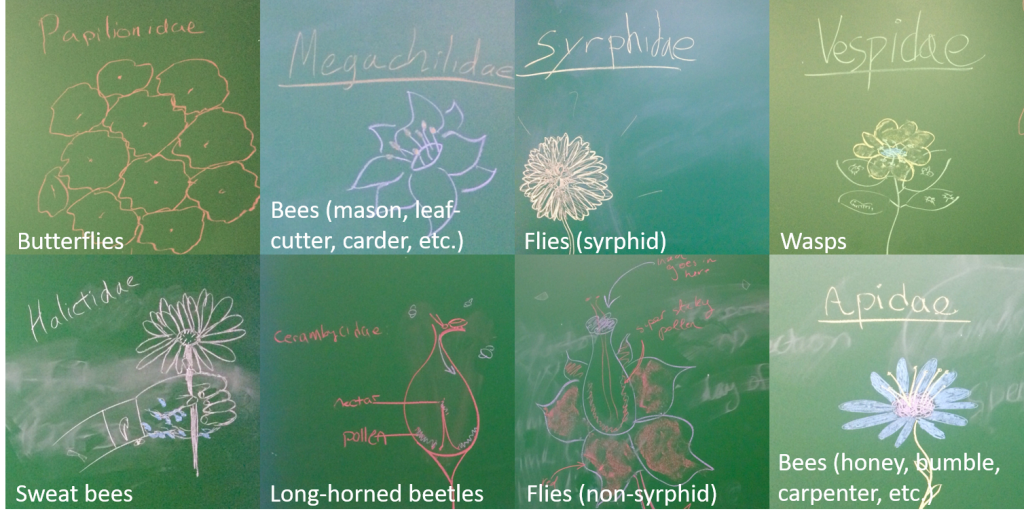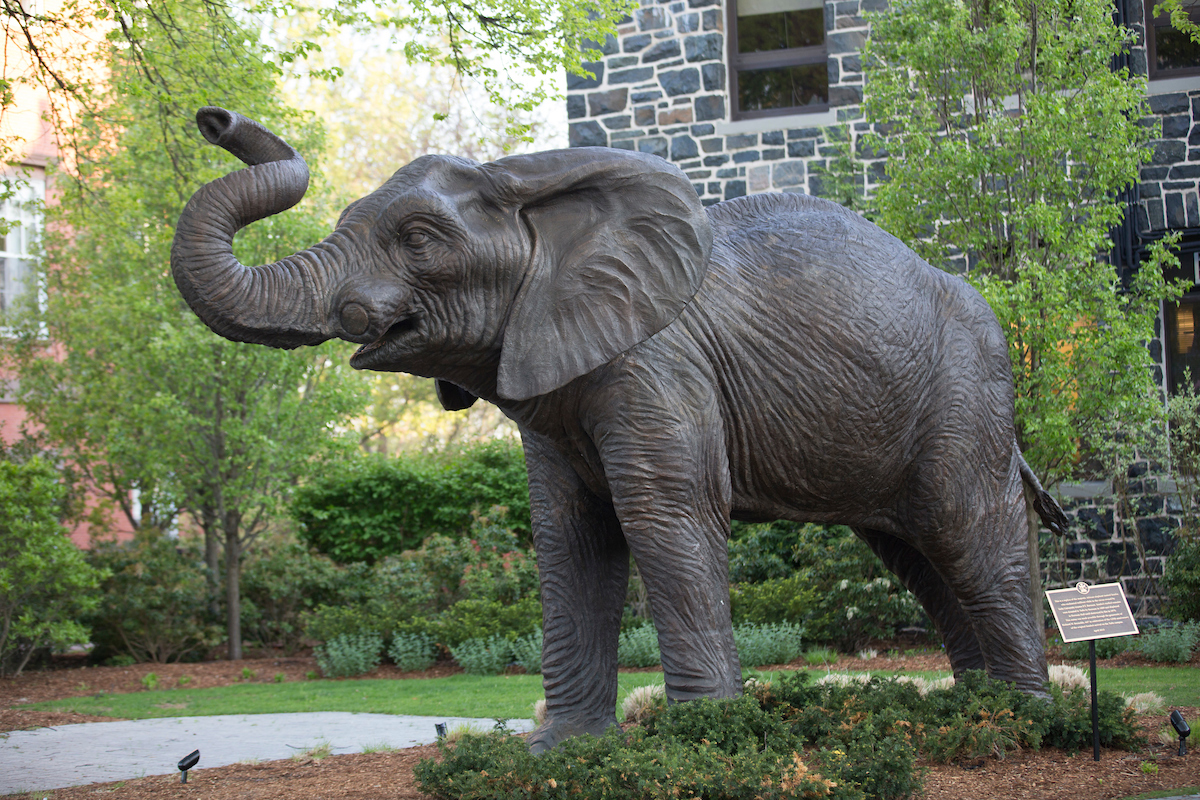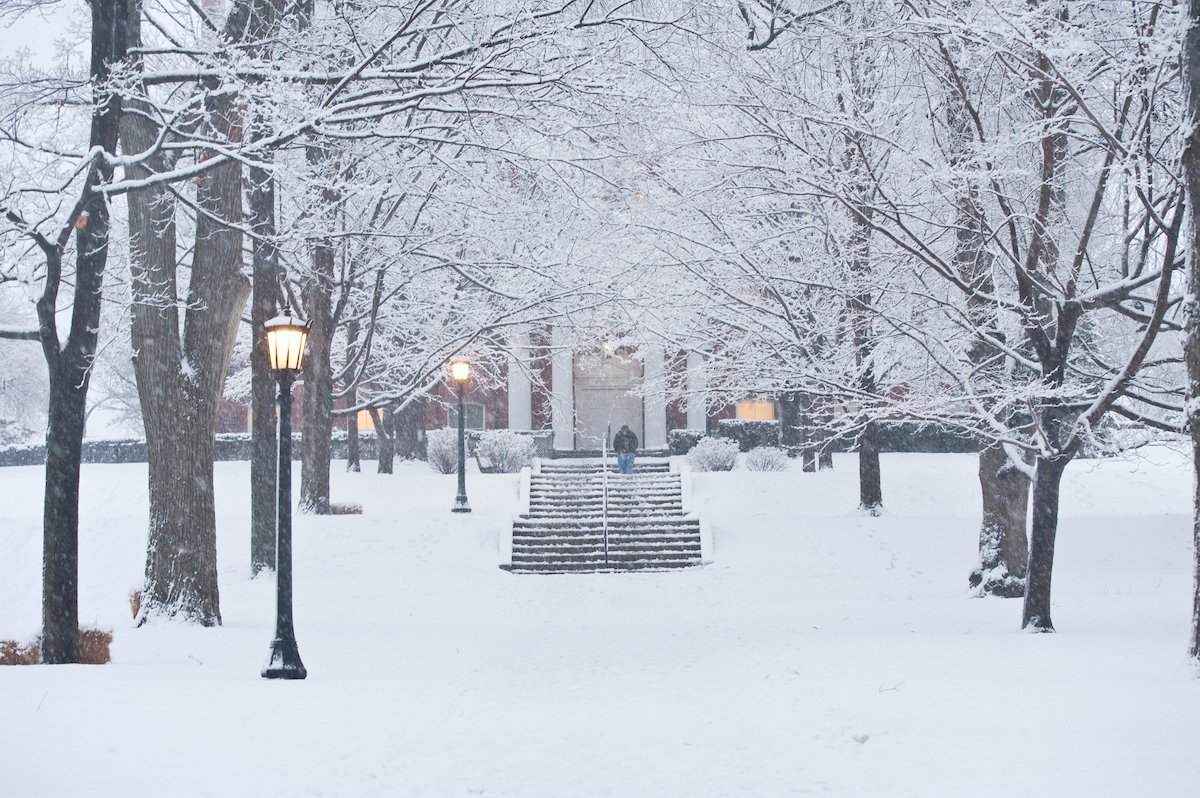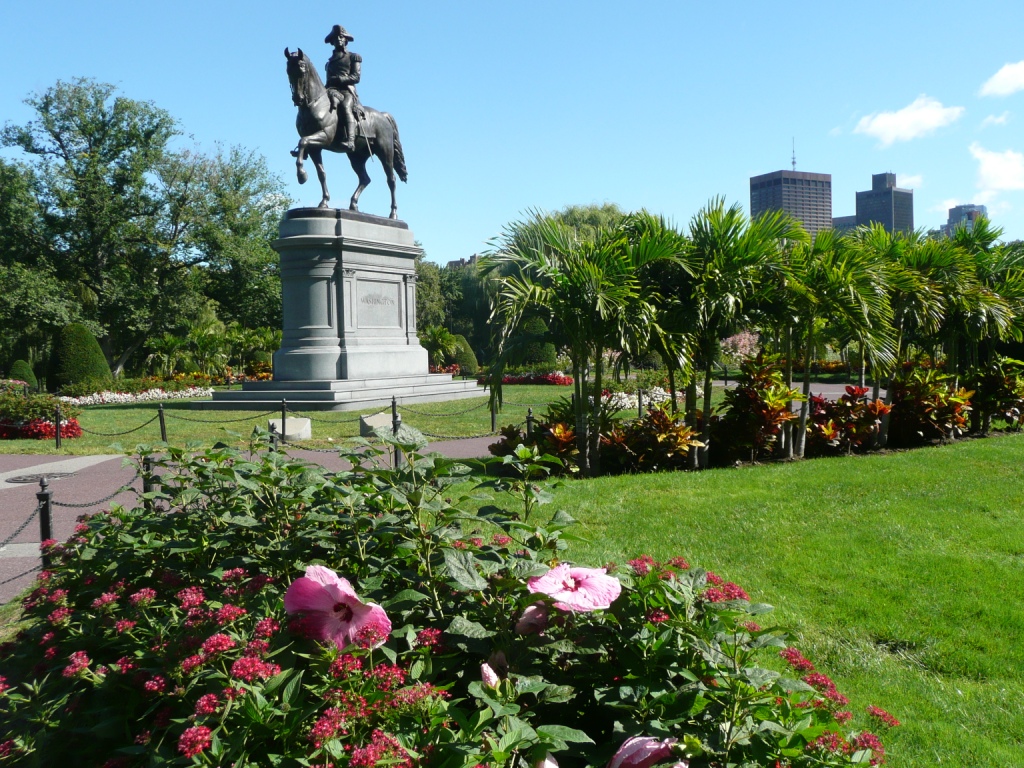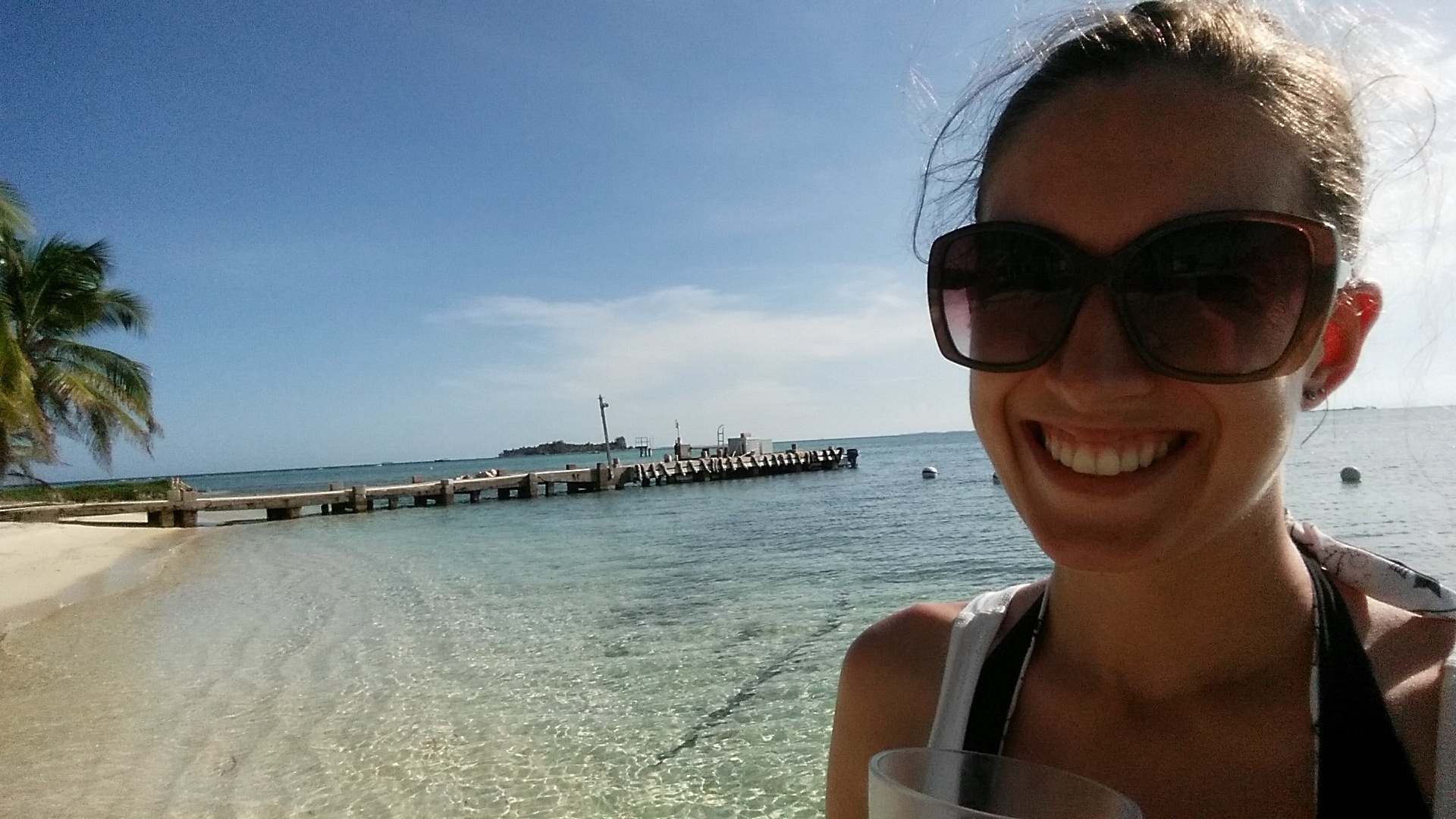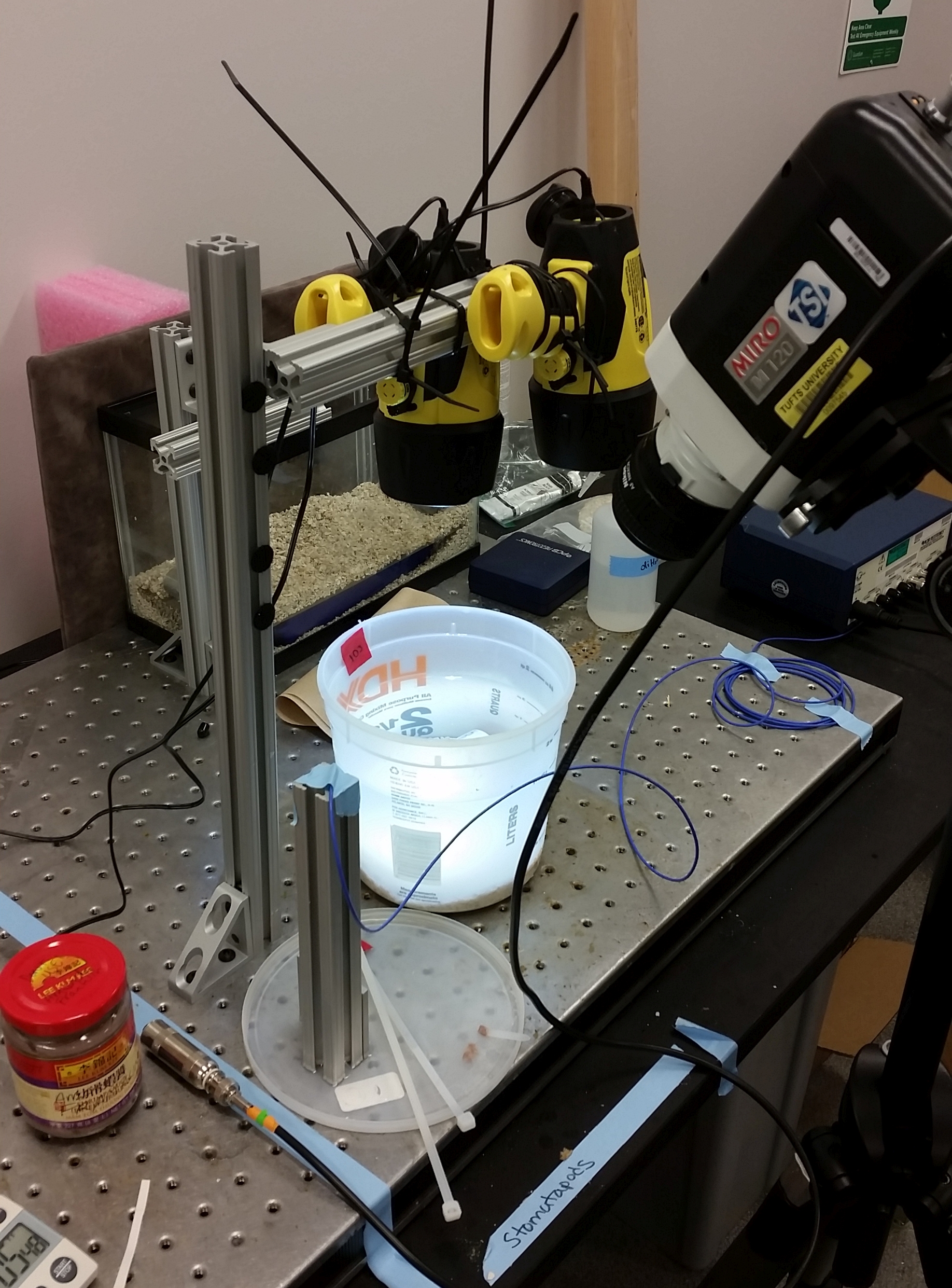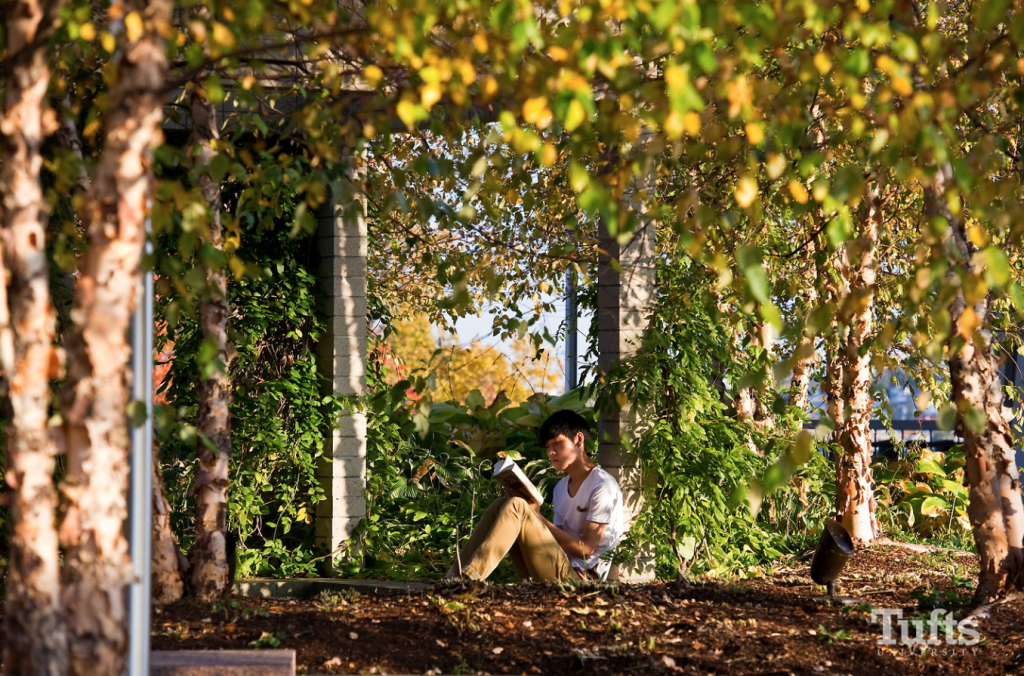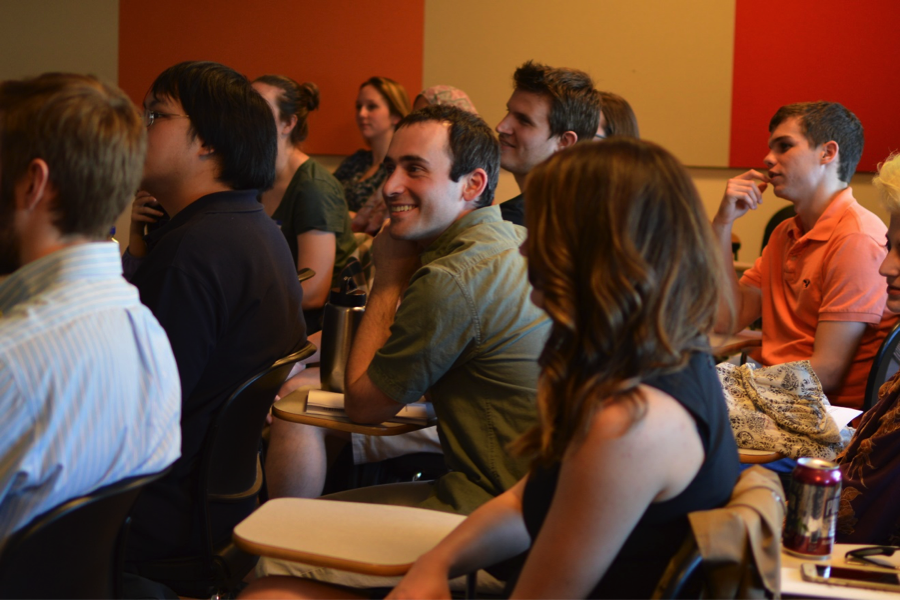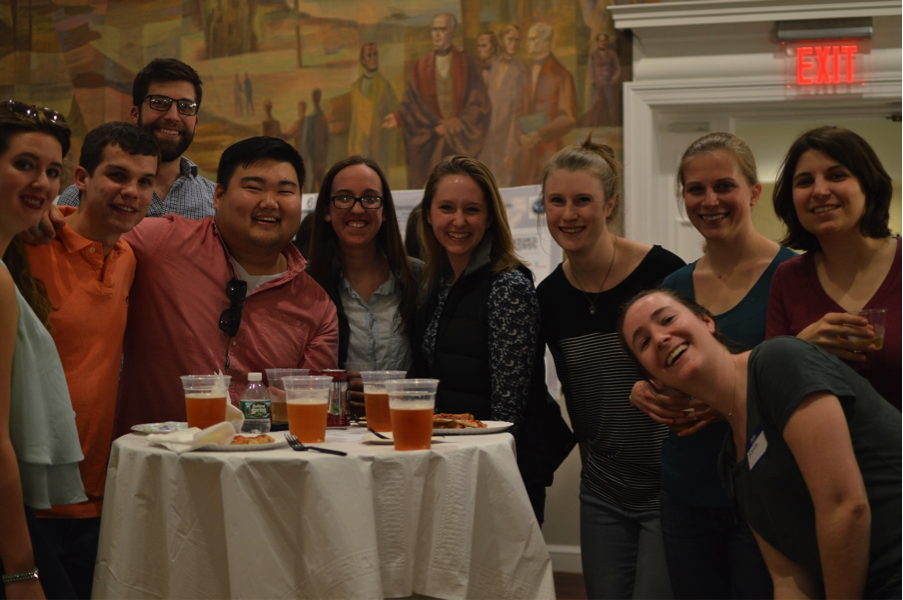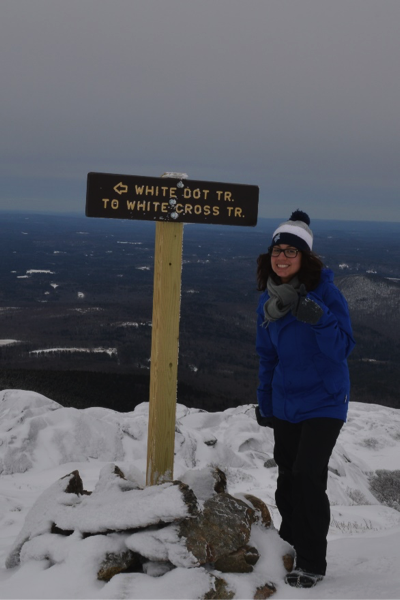Written by Brenna Gormally, Biology Ph.D. Candidate
One of the many stereotypes that everyone has heard is that graduate students have no social lives. They’re shackled to the lab bench or desk, never to leave the fluorescent lights of the one building they know the name of. And yes, I’ll admit it—early on in graduate school it seemed inappropriate or taboo to admit that I had a social life. I made a pretty conscious decision in these early days to make it clear to my advisor, my peers, and myself that setting a work-life balance was very important for me. I realized that maintaining my emotional and physical health also meant maintaining a social life.
So how did/do I do it? Through a lot of trial and error (what can I say, I’m a scientist!), I have figured out four things that help get me outside the lab and socializing with others. Firstly—do things with people in your department. This seems like a no-brainer, but sometimes graduate school feels like a very solitary experience and it can be incredibly beneficial to surround myself with those who are going through similar struggles. And don’t stop with just the people in your lab, your specific group, or your cohort. For me, this means participating in events sponsored by my Graduate Student Organization, BUGS. These events range from pumpkin carving to career counseling to Easter egg hunts. They have been excellent times for me to forge connections with others in my department that I don’t necessarily see every day.
Secondly—do things with people outside your department. Now I’m not trying to sound harsh, but sometimes your own department can drive you nuts. Sometimes, I just don’t want to talk biology anymore. When I sense these feelings creeping in, I seek out more university-wide events that help me connect with students in other departments. For the most part, these are sponsored by the Graduate Student Council (GSC). Last year, I joined the GSC as the co-chair of the Academic and Career Development Committee. In this role, I helped organize the Graduate Student Research Symposium—a fantastic event in the spring semester—which enabled me to meet people from the English, Fine Arts, Chemistry, Biomedical, Urban and Environmental Planning, and Computer Science departments. As Vice President of the GSC, I continue to meet and socialize with people across all the Tufts schools. These opportunities have helped re-center me when I’m feeling particularly bogged down with biology.
Thirdly—do things with “real adults” AKA people outside of academia. Don’t get me wrong—I love academia and all the amazing people I have met through my journey. But it’s a bubble. And sometimes you need to get outside that bubble and remember that there is life outside of Tufts. For those times, I turn to my community sports leagues. When I first moved to Boston, I had no idea how many sports leagues there actually are. Two of the main ones are Boston Ski and Sports Club (BSSC) and Social Boston Sports (SBS). Through these two organizations, I have joined lacrosse, kickball, bocce, and inner tube water polo leagues. Yes, that would be a “sport” in which you sit in a blow-up inner tube and “play” water polo. The competitiveness and athleticism varies depending on the league and sport, but no matter what, these are great ways to meet people all across the city.
And finally, and this one seems a little backwards, but—do things on your own. Speaking for myself, sometimes I need some alone time. I have found that taking some time to wind down on my own can be incredibly beneficial. Whether it’s by reading a book, listening to music, going for a walk, or just watching Netflix, this time recharges me and prepares me for the challenges of graduate school.
So don’t be afraid to admit you have a social life. I hope that this post has provided some great resources if you need help jump-starting that social life!

Me with other board members of Graduate Student Council. Through the GSC, I have met people from all different departments including the English, Computer Science, Physics, and Engineering Departments. Photo courtesy of Taylor Sands-Marcincowski.
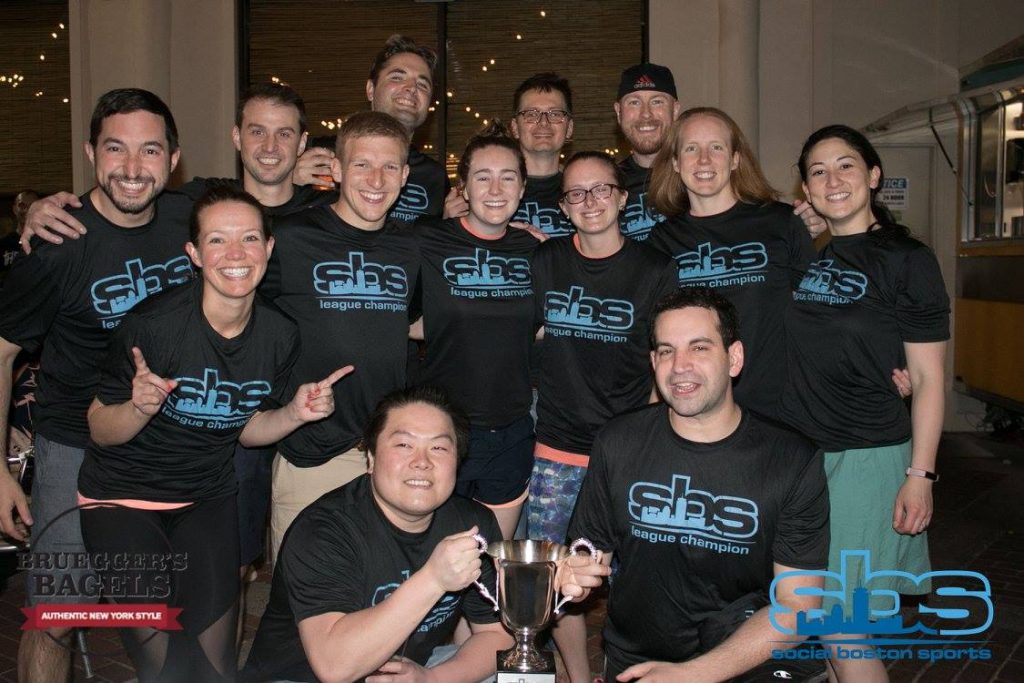
My inner tube water polo team celebrating our season championship. Sports leagues have gotten me out of the Tufts bubble and out and around Boston to meet some great people, and play some fantastic sports. Photo courtesy of Social Boston Sports.

